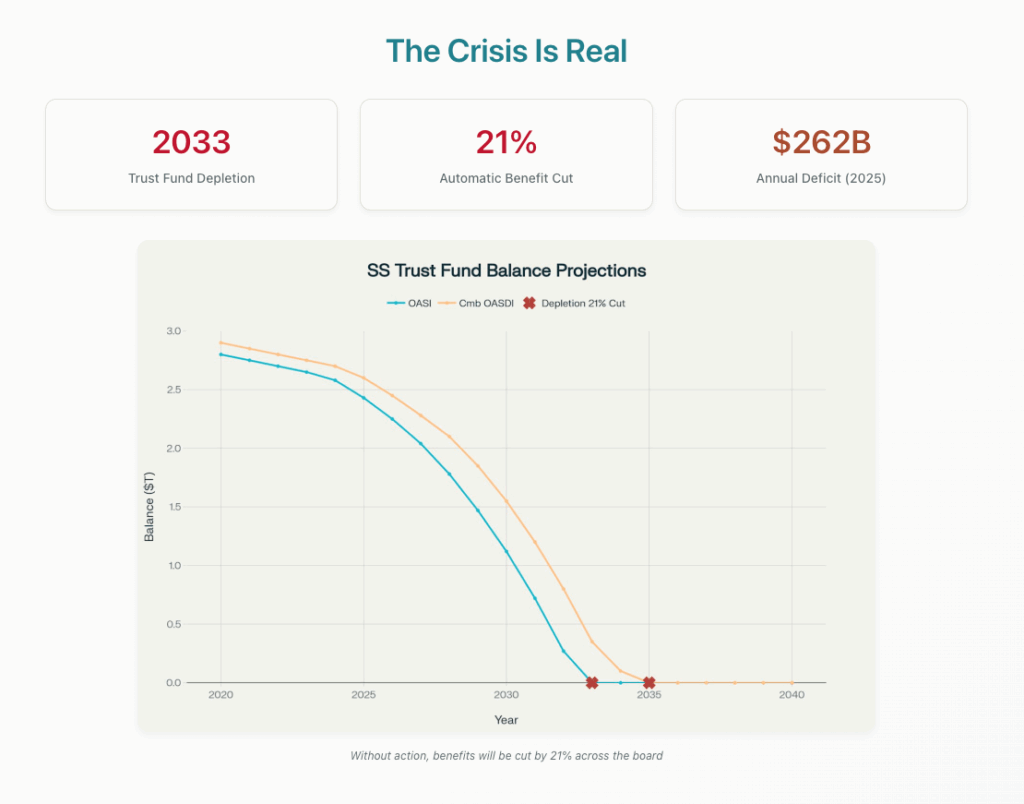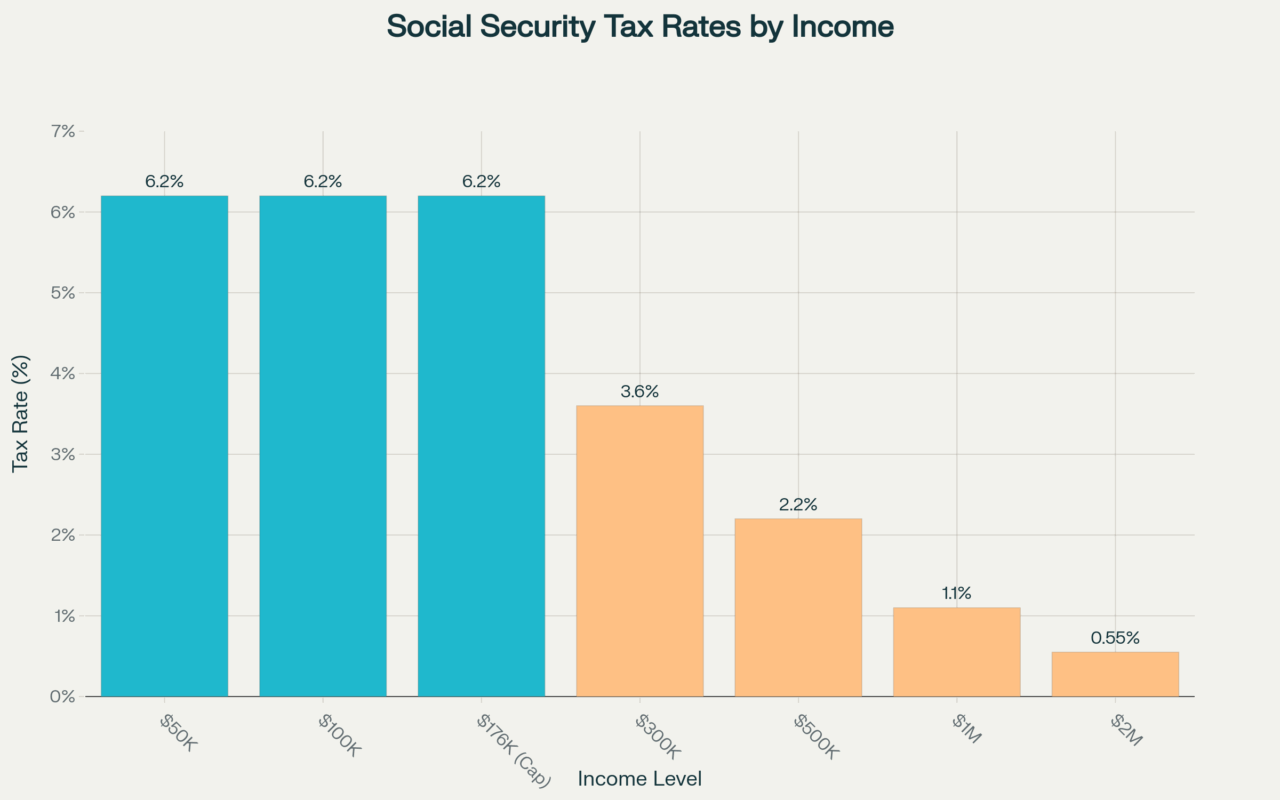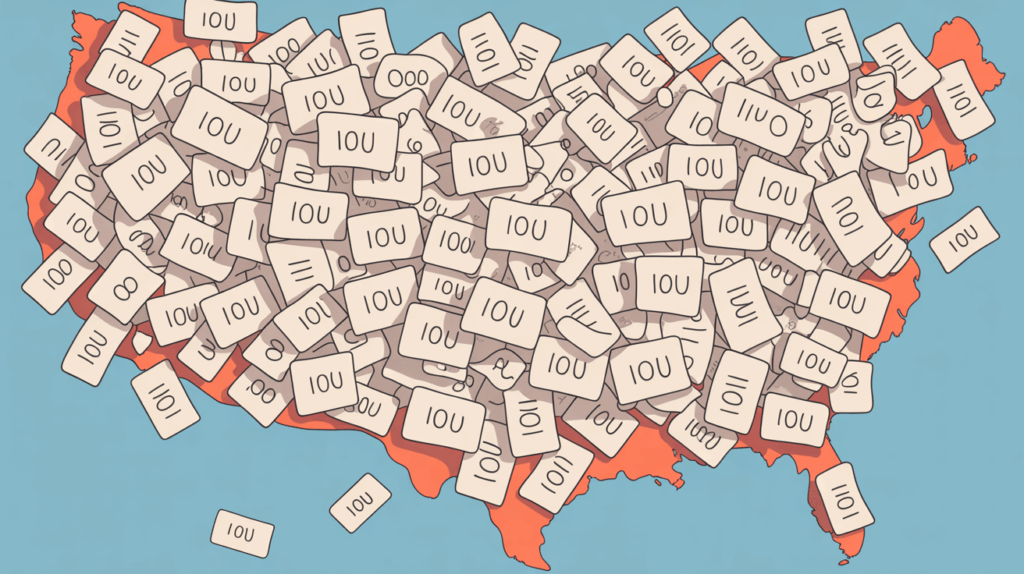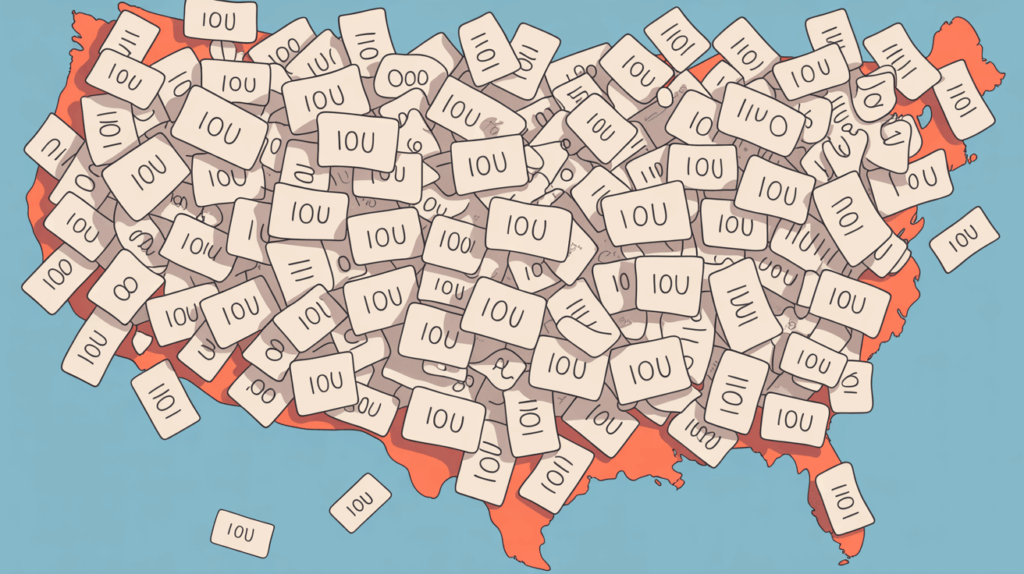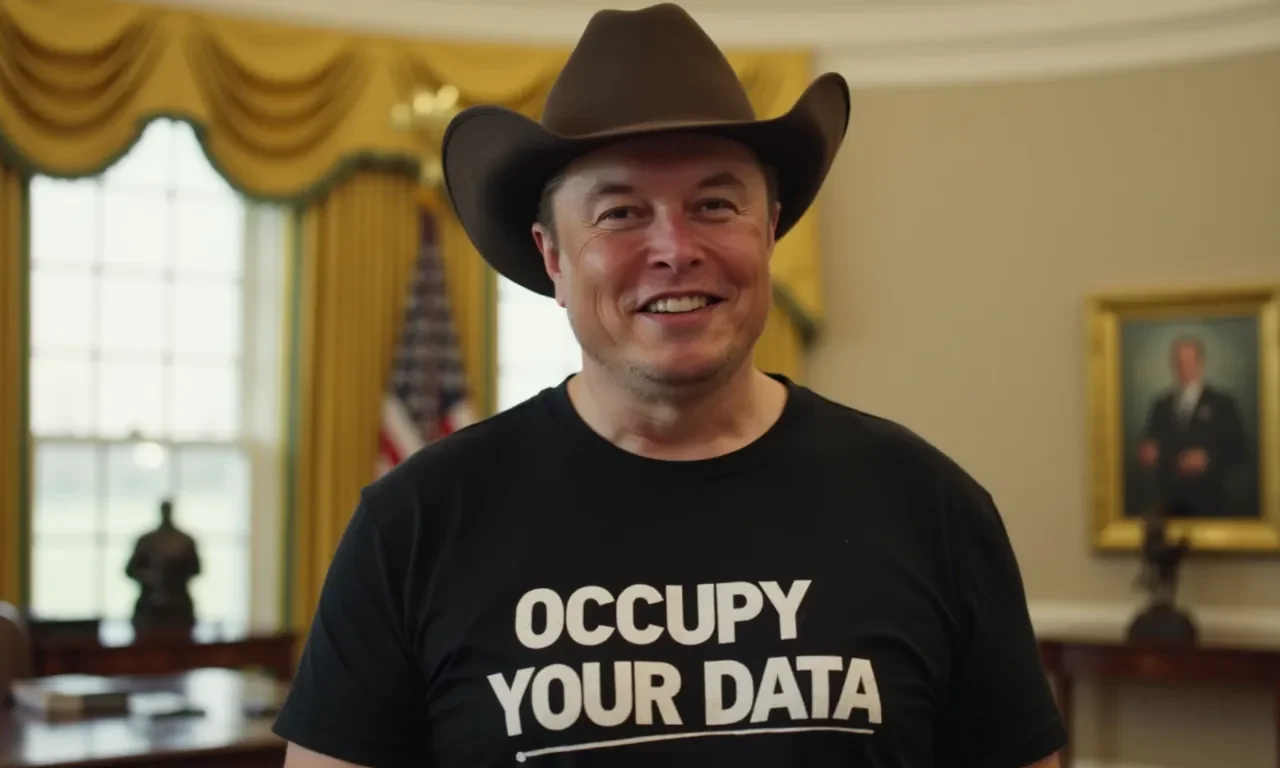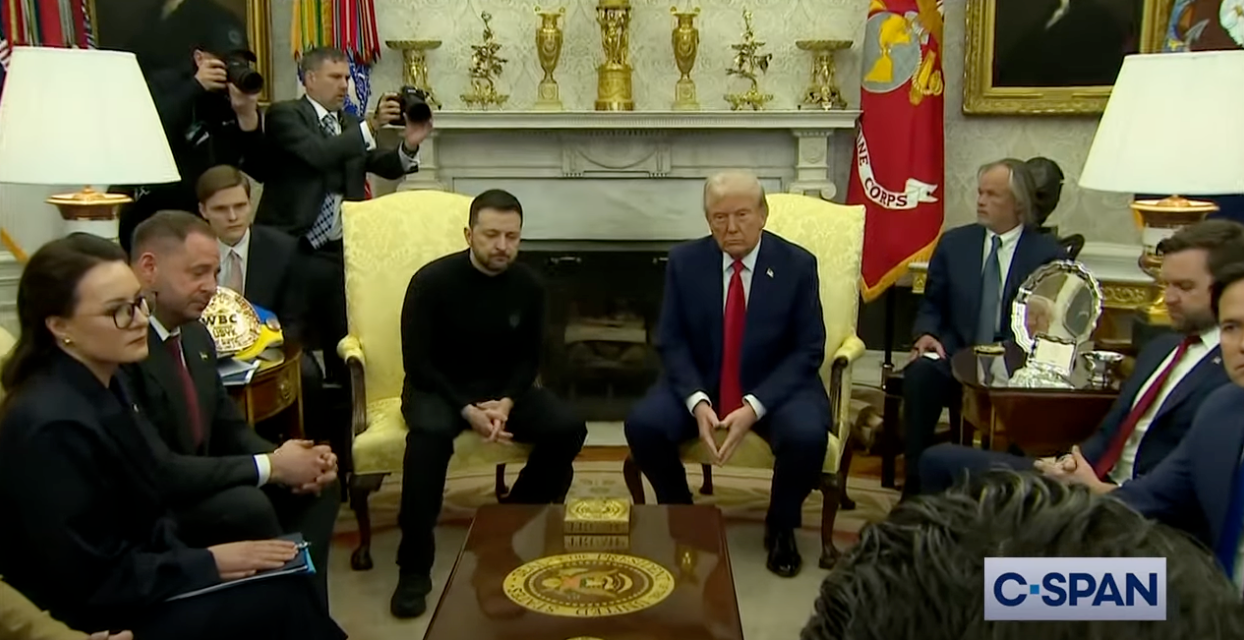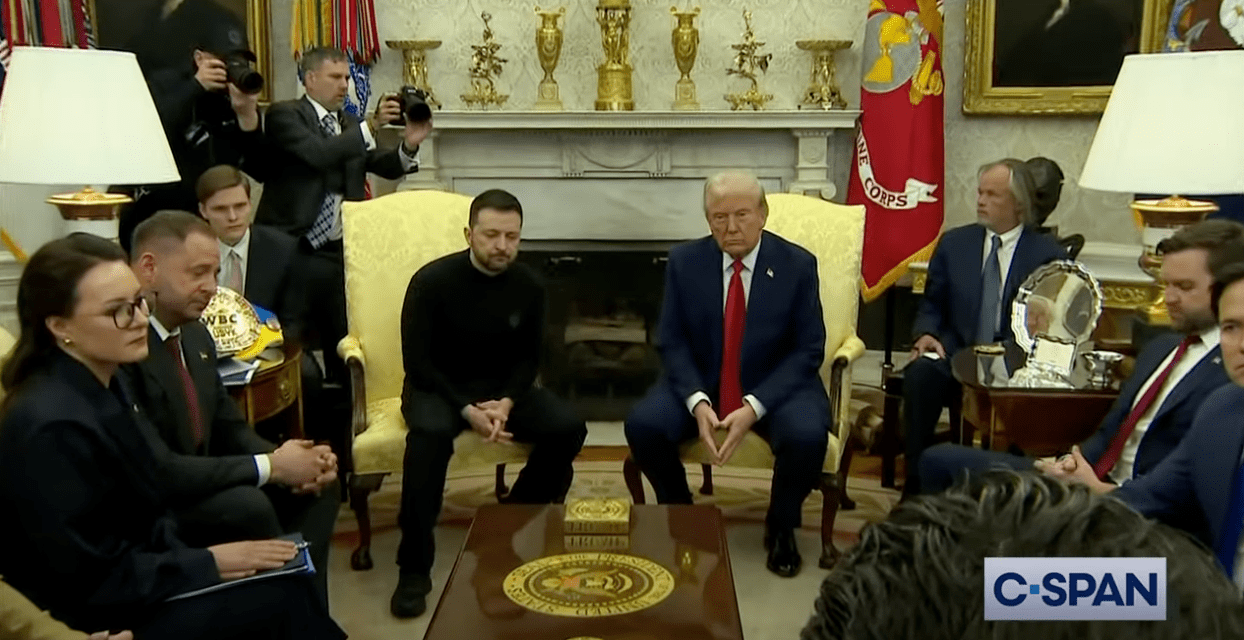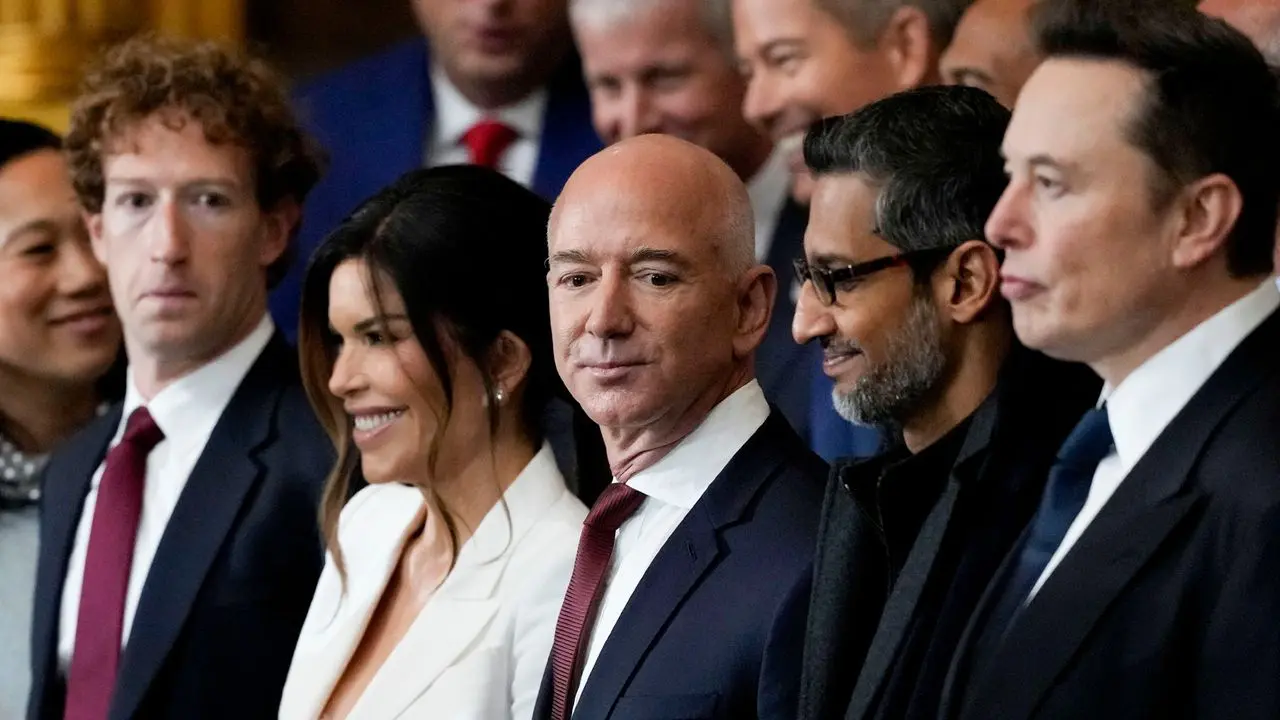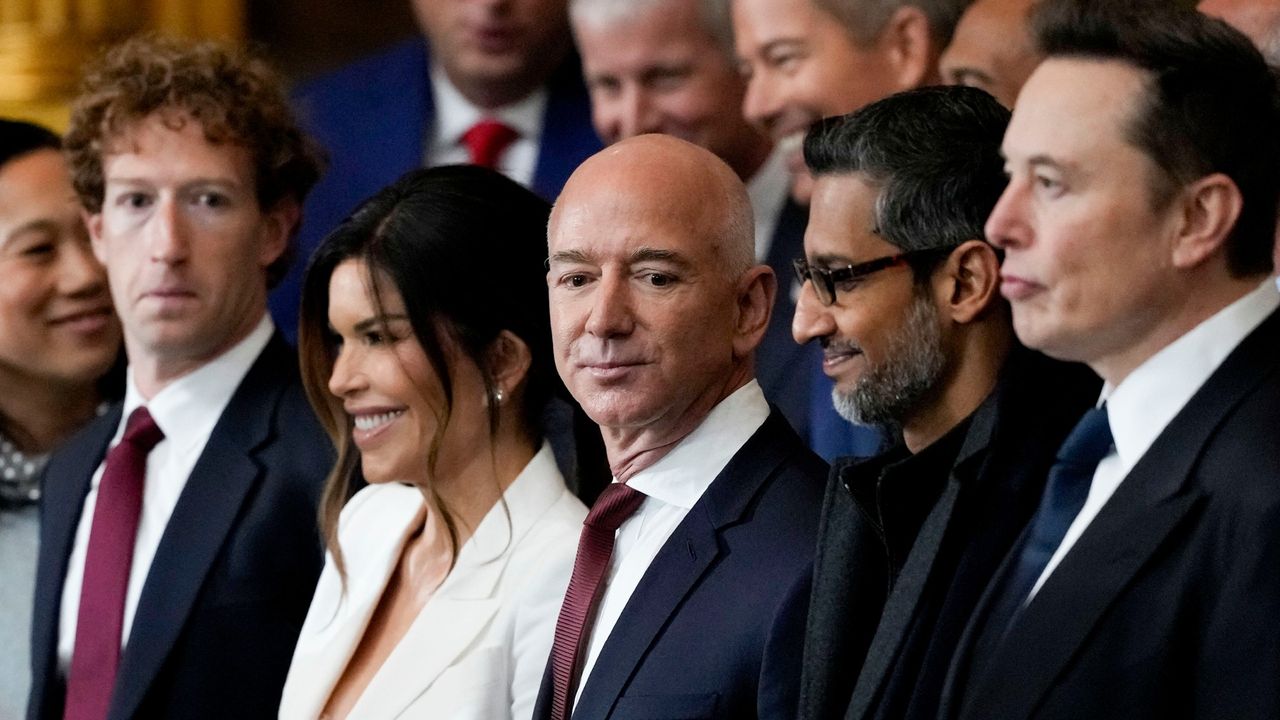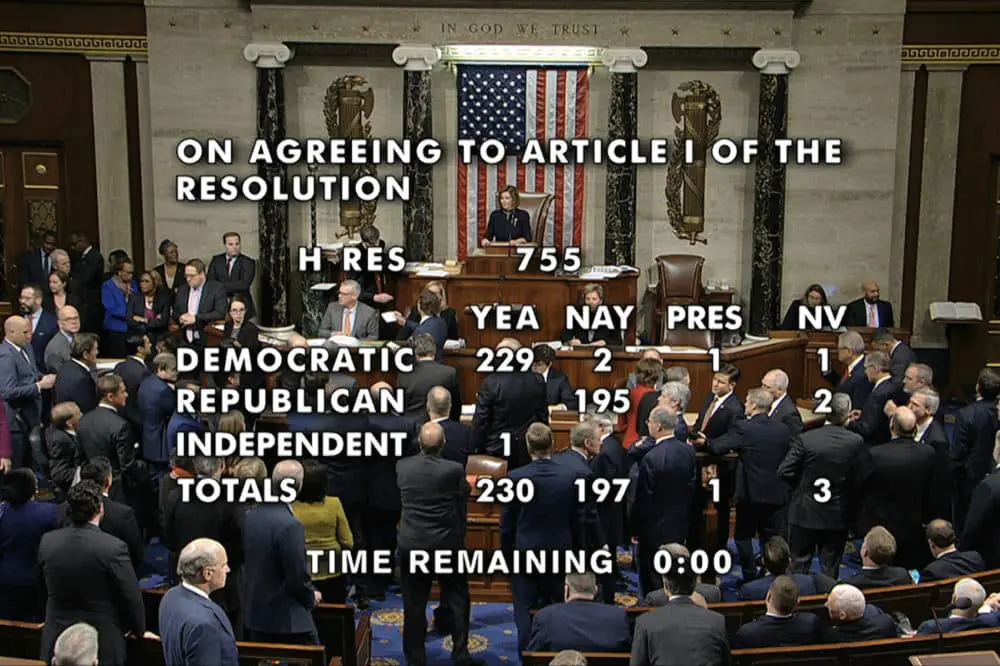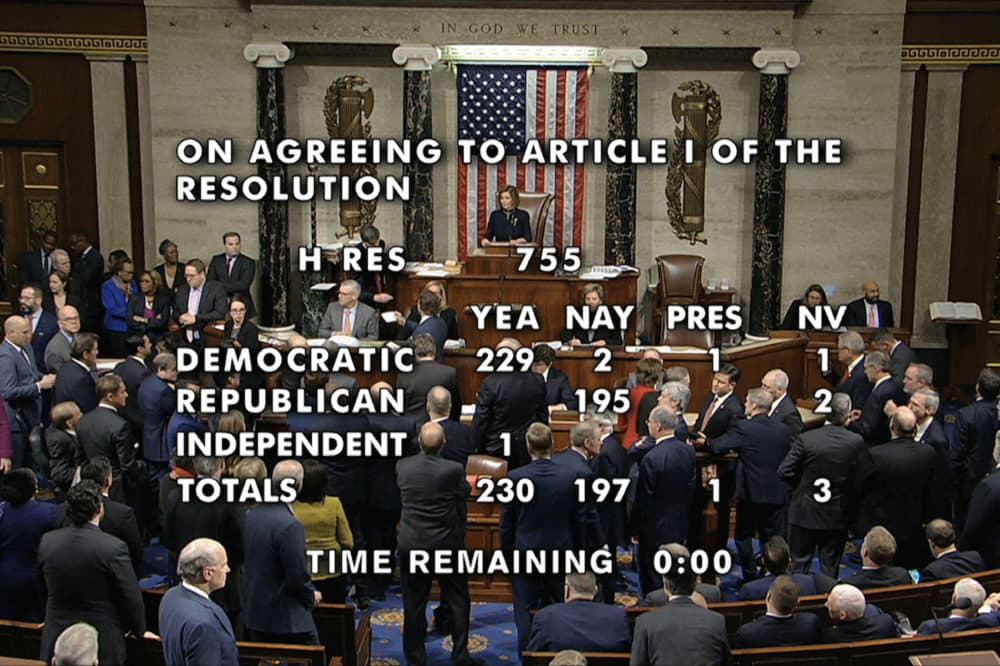Of all the flurry of Trumpian executive orders in week 1 — many of them blatantly unconstitutional, like attempting to end birthright citizenship established in 1868 — one of the more controversial has been the issue of blanket pardons for about 1600 convicted January 6 offenders. The January 6 pardons have raised the ire of federal judges, the Fraternal Order of Police, the DC Police Union, right-wing paper The Wall Street Journal’s editorial board, numerous officials, and the public at large — to name a few.
Apparently a spur of the moment decision without much thought behind it, Trump hoped to get the specter of the January 6 coup behind him — only to Streisand Effect himself into a wave of negative attention. Meanwhile, after months (and years) of slander against immigrants and supposedly violent criminal immigrants rampaging across the country, it is in fact Donald Trump himself who unleashed hundreds of convicted violent offenders back onto the streets — where they are already actively plotting revenge.
I’m old enough to remember when the GOP was supposedly the “party of law and order,” and now they are a brazenly and recklessly lawless bunch. One of few upsides is that a wave of discontent is brewing.
Federal judges slam January 6 pardons
Several federal judges who presided over multiple criminal trials of the January 6 rioters weighed in on the official record about the judiciary’s outrage over the January 6 pardons, including Tanya Chutkan, Colleen Kollar-Kotelly, Amy Berman Jackson, and Beryl Howell.
US District Judge Colleen Kollar-Kotelly had scathing words about the pardons:
“Dismissal of charges, pardons after convictions, and commutations of sentences will not change the truth of what happened on January 6, 2021. What occurred that day is preserved for the future through thousands of contemporaneous videos, transcripts of trials, jury verdicts, and judicial opinions analyzing and recounting the evidence through a neutral lens. Those records are immutable and represent the truth, no matter how the events of January 6 are described by those charged or their allies.”
Judge Amy Berman Jackson agreed that nothing could wipe away the truth about the events of that terrible day:
“No stroke of a pen and no proclamation can alter the facts of what took place on January 6, 2021.”
Judge Tanya Chutkan had strong words as well, as she dismissed without prejudice a pending case still before her:
“The dismissal of this case cannot undo the ‘rampage [that] left multiple people dead, injured more than 140 people, and inflicted millions of dollars in damage.”
Original Sources: Judges clap back to January 6 pardons
I’ve been wanting to do more of a consistent focus on going back to the original sources of the news beyond just the media coverage or commentary about them. This experiment with NotebookLM‘s curiously compelling audio generation feature provides the best of both worlds: audio commentary on the original court filings referenced by the PBS story about strident judicial warnings attached to the January 6 pardons. Let me know what you think in the YouTube comments — I’m really still just experimenting with the channel.
January 6 pardons aftermath
Continue reading January 6 Pardons: Trump unleashes convicted violent criminals onto the streets

